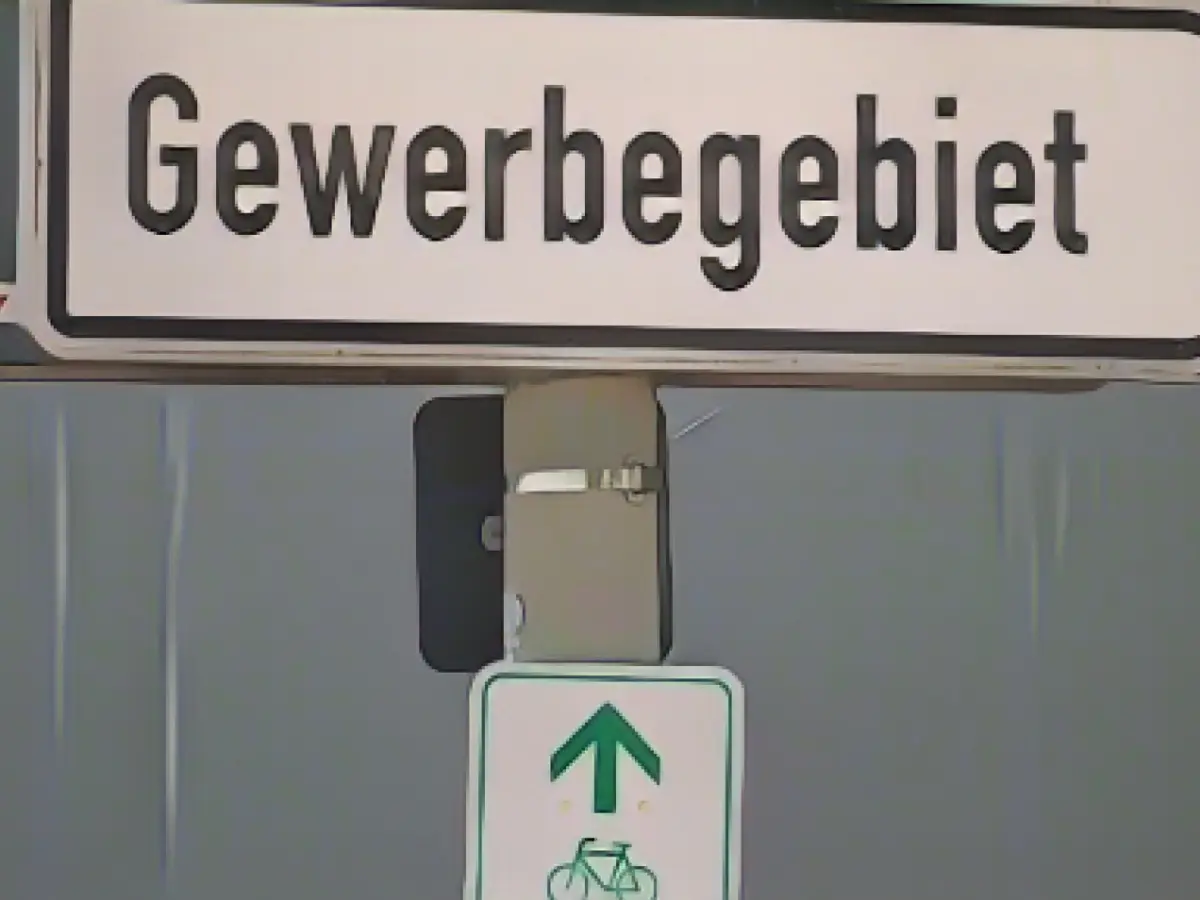Associations - Companies hold state government to account
The chambers of industry and commerce are calling on the state government to provide more support for businesses in Rhineland-Palatinate. Arne Rössel, Managing Director of the Rhineland-Palatinate Chamber of Industry and Commerce working group, told the German Press Agency in Mainz that the "traffic light" government could do little to change the high energy prices. But when it comes to reducing bureaucracy, the second major issue for companies, the state certainly has opportunities. Administrative processes could be digitalized to a much greater extent.
"That would make life easier for companies. However, too little is happening for a business-friendly administration," criticized Rössel. There is also a great need for business parks to attract companies to the region. The design of the new state development plan should therefore be pushed forward more strongly. The recruitment of foreign skilled workers should also be significantly intensified. "The federal government needs to step on the gas here."
Rössel accused the government of Minister President Malu Dreyer(SPD) of acting too strongly within coalition constraints, even in times of crisis. Despite the poor mood in the Rhineland-Palatinate economy, the alliance of SPD, Greens and FDP is not changing its behavior. "You get the impression that the traffic light coalition partners are neutralizing each other," criticized the CEO. "Instead of deciding on a major wave of tax increases, a quick agreement on the state framework for new industrial, commercial and raw material extraction sites would be necessary."
In addition to the concerns of Rhineland-Palatinate companies about economic development, the debates within the federal government about the 2024 federal budget are also causing displeasure. "A company cannot understand that after the Karlsruhe ruling - which was not entirely surprising - no one in Berlin has a plan B," said Rössel. "An entrepreneur could not have afforded to do that."
The Managing Director reported that the mood in companies in the state is currently modest. The development of industry, including the chemical sector, which is very important for Rhineland-Palatinate, is below the national average. "We have the feeling that companies in Rhineland-Palatinate's industry are struggling more with the transformation and the energy crisis than is the case nationwide."
"The image of Made in Rhineland-Palatinate is crumbling somewhat," warned Günter Jertz, Managing Director of the Chamber of Industry and Commerce for Rheinhessen. Much more focus was being placed on other countries in the search for skilled workers. "We have to fight much harder to maintain our image." This is a major problem for SMEs in particular and is leading to great uncertainty among companies in Rhineland-Palatinate.
Despite the poor mood, however, the economic situation of companies in the state is not so bad, emphasized Managing Director Rössel. Commercial earnings were still strong and many companies had come through the crisis well. Inflation had helped to push through price increases. This has strengthened the profit situation of many companies in the country.
Read also:
- A clan member is punished here
- Traffic lawyer warns: Don't talk to the police!
- Will he be convicted as Jutta's murderer after 37 years?
- He also wanted to kill his cousin
- The IHK in Rhineland-Palatinate, represented by Arne Rössel, has urged the state government to provide more support for businesses facing high energy prices and bureaucratic challenges during this time of crisis.
- The Rhineland-Palatinate Chamber of Industry and Commerce criticized the state government, led by Minister President Malu Dreyer (SPD), for not taking sufficient action during this crisis, despite the coalition's limitations.
- In response to the state development plan, the Chamber of Commerce called for a stronger focus on business parks and the recruitment of foreign skilled workers to help attract companies to the region.
- The German Press Agency reported that companies in Rhineland-Palatinate are currently facing uncertainty due to the transformation and energy crisis, with the images of "Made in Rhineland-Palatinate" being somewhat affected.
- Despite the challenges, the economic situation of companies in the state is not entirely bad, according to Managing Director Rössel, with commercial earnings still strong and many companies having successfully navigated the crisis.
Source: www.stern.de








